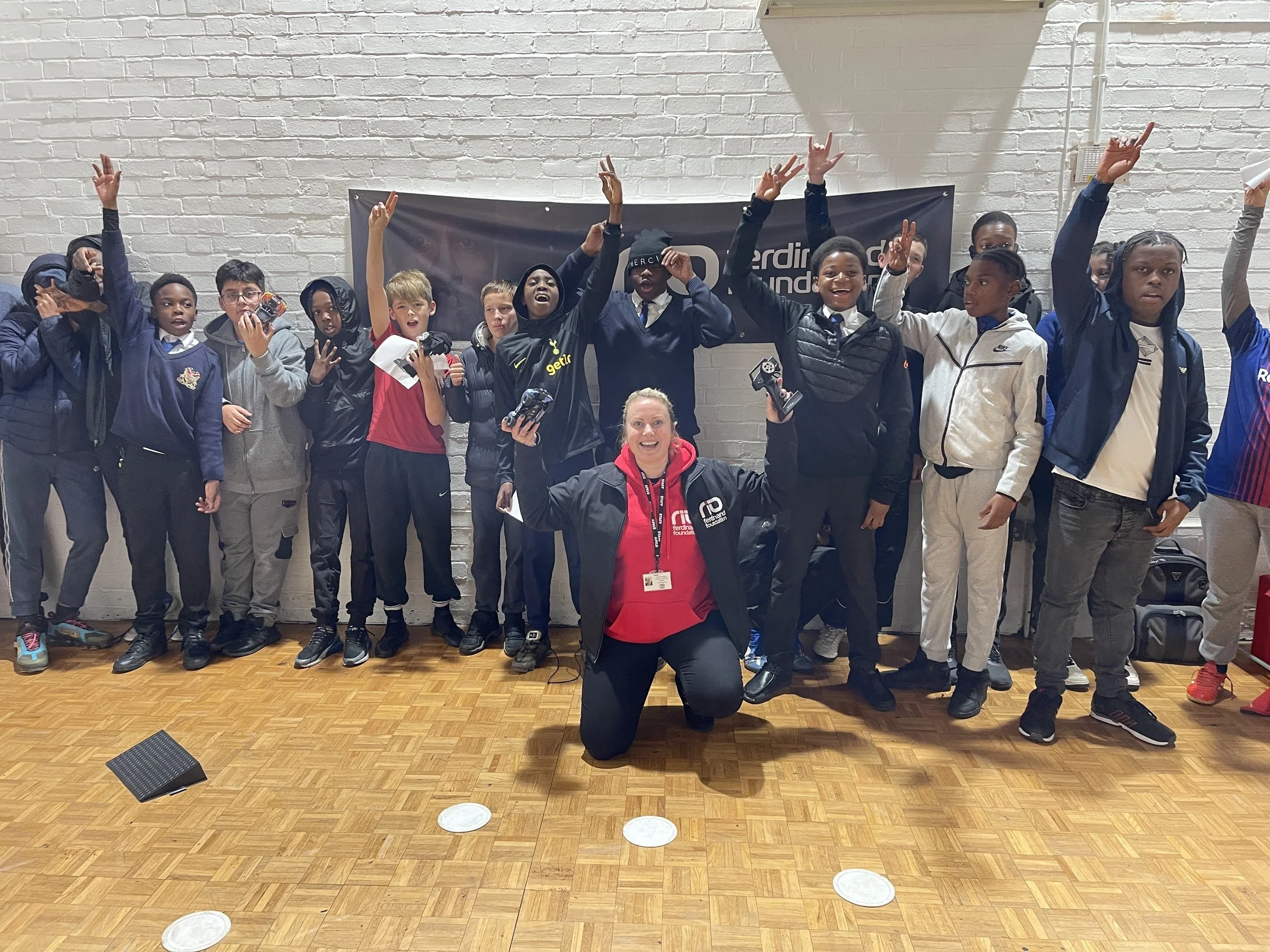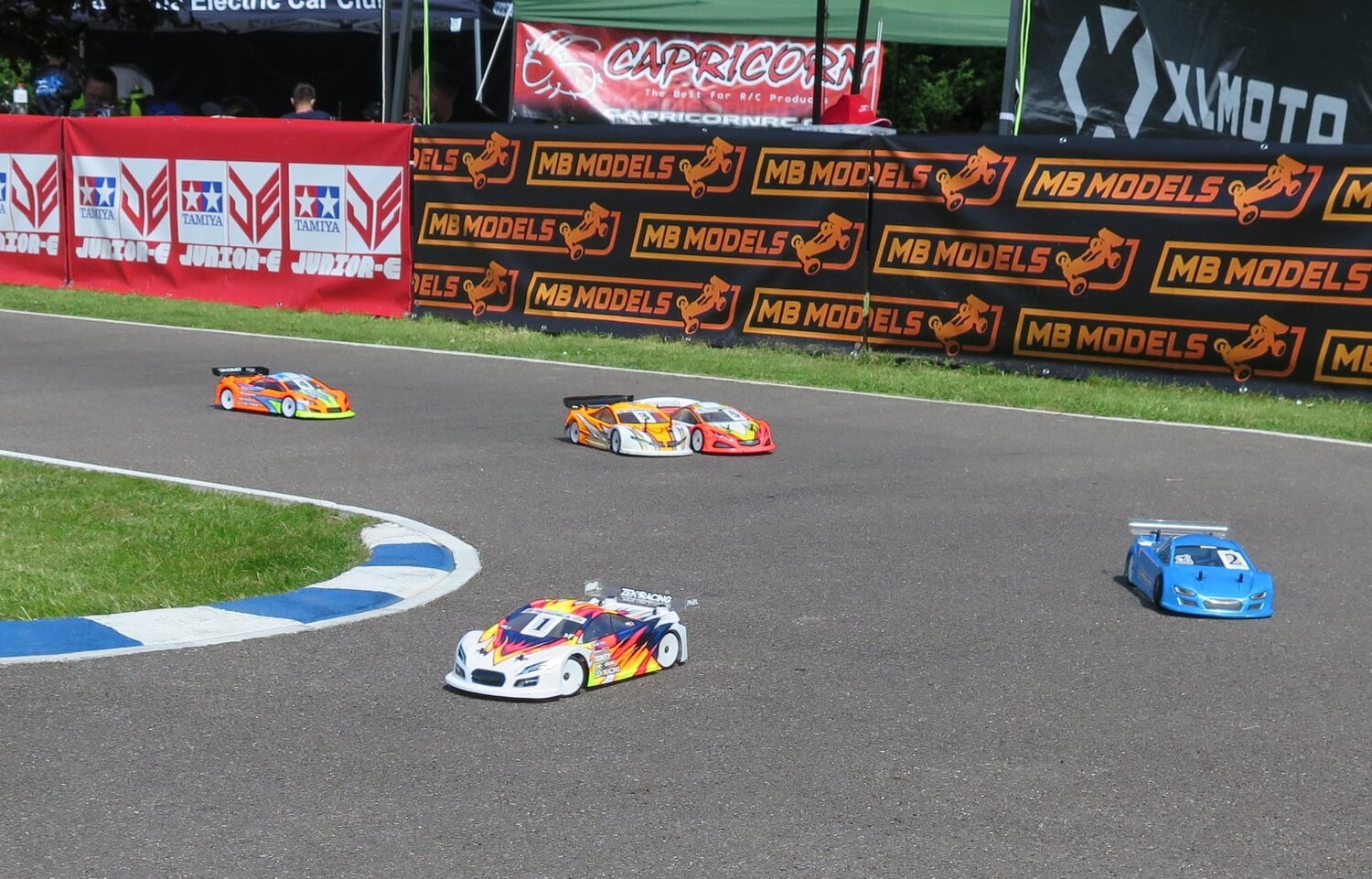
Empowering the Next Generation of Innovators - ONE LAP AT A TIME
-
Addressing STEM Inequity
Tackling inequity in STEM is a moral, social, and economic imperative. Research has consistently shown that girls and minority groups are underrepresented in STEM fields, particularly in fields such as computer science and engineering. This lack of diversity not only limits the potential of individuals but also the overall progress and innovation of the field. Studies have shown that informal learning accounts for 70-90% of our acquired skills and knowledge, and much of the informal STEM sector perpetuates inequality. Therefore, it is vital to raise informal STEM learning engagement, starting in primary school, especially for girls and minoritized children. By increasing access to STEM education and opportunities, we can create a more equitable and just society where all individuals have the opportunity to reach their full potential and contribute to the field. Furthermore, increasing diversity in STEM fields also drives economic growth, leading to a more innovative and competitive workforce.
-
Informal Learning and Engineering Habits of Mind
Engineering habits of mind, such as problem-solving, critical thinking, and creativity, are crucial for success in not just the field of engineering, but in any field that requires innovation and problem-solving. These habits of mind allow individuals to analyze and understand complex systems, identify and solve problems, and design and implement innovative solutions. However, our education system often fails to nurture these skills in young people. Instead, it often prioritizes rote learning and memorization, which does not adequately prepare students for real-world challenges. Additionally, many STEM education programs focus on teaching students specific knowledge and skills, rather than fostering the development of these habits of mind. This results in students who may excel in tests and quizzes but struggle with open-ended, real-world problems. By neglecting to nurture engineering habits of mind, our education system is limiting the potential of young people and hindering their ability to make meaningful contributions to society at a time of increasing need for problem solvers and innovative thinkers.
-
RC Racing Thrills
Children and young people love radio control car racing for many reasons. One is the excitement and thrill of racing these small, remote-controlled vehicles at high speeds. The sense of control and power that comes with manoeuvring the car around the track is also a big draw for many kids and young people. Additionally, the hobby allows for the opportunity to tinker and customize the cars, which can be very satisfying for those who enjoy hands-on projects and problem-solving. The social aspect of racing with friends and competing against others appeals to many young people. Radio control car racing provides a fun, exciting and engaging activity that allows children and young people to explore their interests and opportunity to develop essential engineering habits of mind such as problem-solving, critical thinking, and creativity.
CREATING OPPORTUNITIES.
RC Vision creates opportunities for children and young people to develop essential engineering habits of mind through their clubs, open days, targeted programs, and racing events. These opportunities are vital for these young people's future success and the field's progress as a whole. By providing a hands-on learning environment and exposing children and young people to STEM education and opportunities, RC Vision CIC is helping foster an interest in STEM fields and develop the skills needed to solve real-world problems. As a potential funder or brand partner, investing in RC Vision means investing in these young people's future and the field's progress. The organization's ability to provide fun and engaging activities tailored to children and young people's interests and passions makes them stand out as an effective way to nurture the next generation of engineers, problem solvers and innovative thinkers. Partnering with RC Vision is an investment in the future, not just for the individuals but also for the sector and society as a whole.
QUANTIFYING IMPACT.
RC Vision CIC is expert in measuring, accounting, and reporting impact. They are dedicated to ensuring that their programs and activities have a meaningful impact on the children and young people they serve. They have developed robust systems for measuring participation and the soft outcomes of emotional well-being, such as confidence and self-esteem. We also measure the harder outcomes of STEM aspiration, skills and progression in work and learning. This allows them to track the progress of the children and young people and ensure that our programmes have the desired impact. By measuring the impact of our programmes, RC Vision CIC can demonstrate the effectiveness of their approach in addressing the inequity issues discussed earlier by fostering engineering habits of mind in children and young people from underrepresented groups. This, in turn, helps to create a more equitable and just society where all individuals have the opportunity to reach their full potential and contribute to the field.


